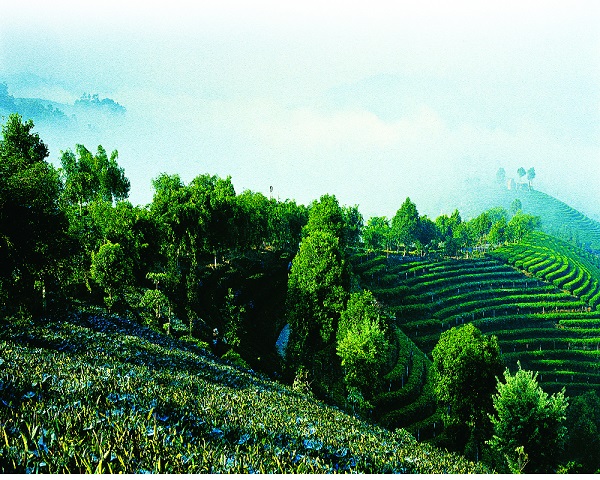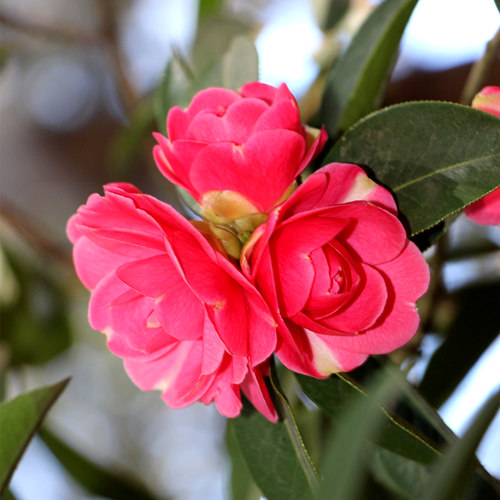
Detailed Introduction to Yiliang County of Zhaotong
Yiliang County (彝良县) is located in the southern part of Zhaotong City, in the northeastern part of Yunnan Province, China. Known for its rich cultural heritage, scenic landscapes, and agricultural abundance, Yiliang is an area that offers both natural beauty and historical significance. This detailed introduction provides an overview of Yiliang County, including its geographical features, historical background, economic profile, cultural diversity, and key attractions.
Geographical Location
Yiliang County covers an area of approximately 2,370 square kilometers and is located to the south of Zhaotong City. The county is bordered by Zhaoyang District, Ludian County, and Shuifu County, as well as neighboring regions. Yiliang is strategically positioned near the central part of Yunnan, making it a key location in the province.
The county is characterized by a diverse landscape, which includes a combination of high mountain ranges, rolling hills, fertile plains, and river valleys. Its elevation ranges from 1,200 to 2,300 meters above sea level. The county is part of the subtropical highland climate zone, with mild temperatures year-round, making it suitable for agriculture.
History
Yiliang has a long history, with evidence of human settlement in the region dating back thousands of years. Historically, it was a part of the ancient kingdom of Nanzhao, which existed from the 8th to the 9th century, and later became part of the Dali Kingdom. The region played an important role in trade and agricultural production in ancient times.
During the Ming and Qing dynasties, Yiliang was an important administrative region and a center of agricultural development. In more recent history, it became known for its rich resources, and the local population developed a strong connection to both farming and trade. Today, the county’s population consists of a variety of ethnic groups, with the Yi and Hui being particularly prominent.
Economy
The economy of Yiliang County is primarily driven by agriculture, although there are emerging sectors such as manufacturing and tourism that contribute to the county’s development. The county’s fertile lands, favorable climate, and rich natural resources have supported a thriving agricultural economy for centuries.
1. Agriculture
Agriculture is the backbone of Yiliang’s economy, and the county produces a wide range of crops due to its favorable climate and fertile soils. Major agricultural products include rice, corn, tobacco, fruits (such as oranges, peaches, and apples), and vegetables.
The tobacco industry is especially important in Yiliang, with large-scale production supporting both local and regional markets. Additionally, the county’s agricultural sector includes livestock farming, such as raising pigs, cattle, and sheep.
2. Industry
While agriculture remains the dominant industry, Yiliang is seeing increased industrial development. Key industries include construction materials, food processing, and mining. The county has rich mineral resources, such as limestone, coal, and clay, which support the local manufacturing and building industries.
Yiliang is also working on expanding its infrastructure and promoting industrial diversification. The local government has focused on attracting small and medium-sized enterprises (SMEs) to the area, with a goal of fostering economic growth and job creation.
3. Tourism
Tourism is a growing sector in Yiliang, driven by the county’s beautiful natural landscapes and rich cultural traditions. Tourists are drawn to the county's mountainous terrain, scenic rivers, and historical landmarks. Yiliang's mix of natural beauty and ethnic culture makes it an attractive destination for visitors interested in both eco-tourism and cultural exploration.
Ethnic and Cultural Heritage
Yiliang County is home to several ethnic groups, with the Yi, Hui, and Han people being the most prominent. The diversity of the population has created a unique cultural blend, with each group contributing to the area’s festivals, traditions, and customs.
1. Yi Culture
The Yi people are one of the largest ethnic groups in Yiliang, and their cultural practices are an important part of the region's identity. Known for their traditional clothing, dances, and songs, the Yi people celebrate various festivals throughout the year, with the Torch Festival being the most significant. This vibrant festival features traditional Yi dances, music, fire rituals, and a community spirit that brings people together.
Yi handicrafts, such as embroidered textiles, silver jewelry, and pottery, are highly valued in Yiliang. Visitors to the county can often purchase these intricate and beautiful handmade items from local markets and villages.
2. Hui



